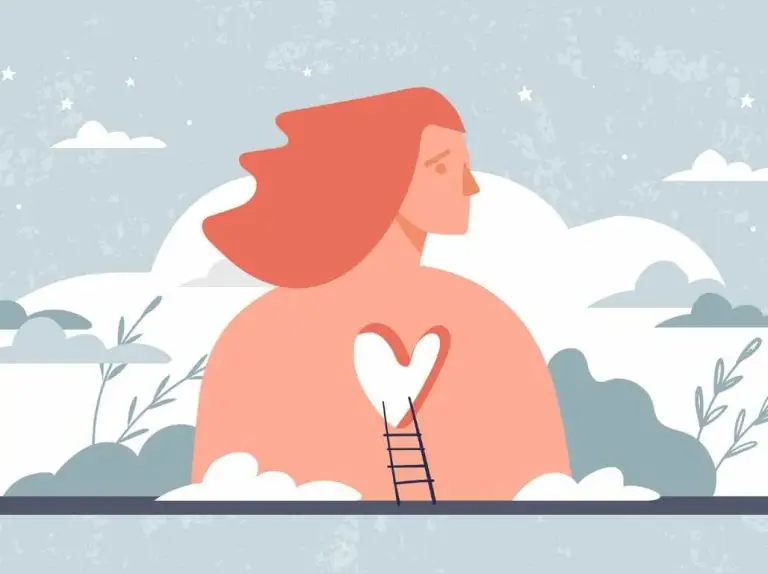Women’s trauma poses a risk for addiction at any age; in fact women’s trauma and addiction have a strong relationship. Anyone experiencing trauma is more likely to develop poor mental health, especially conditions like PTSD, depression, or anxiety. Coping with these symptoms in an unhealthy fashion usually means self-medicating with things like drugs and alcohol, which can cause an addiction. Thankfully, there are ways that you can get treatment for women’s trauma and addiction at the same time.
Why Women’s Trauma Is A Risk For Addictions
Experiencing traumatic events can cause devastating consequences, and the effects of that trauma can be long-lasting without treatment. Children or adults who witness or experience trauma are more likely to struggle with things like addiction as they turn to things like drugs and alcohol to cope with their feelings, mask the symptoms of the unresolved trauma, or otherwise cope.
Types of Traumatic Events
There are many traumatic events that can affect mental health and lead to things like addiction, including:
- Abuse
- Serious accidents
- Disease
- Traumatic birth
- Living in conflict
- Being neglected
- Working in emergency services, as a social worker, or in the military
- Natural disasters
- Car accidents
- Domestic abuse
Trauma, especially in women, can be something that happens directly to you, something that you witness, or something that affects a loved one. If, for example, your child was the victim of abuse, you can struggle with PTSD, depression, or anxiety as a result of that trauma.
Fight or Flight Response
When you experience a traumatic event, your body initiates the fight or flight response, which prepares you to cope actively with an emergency. This causes things like:
- High blood pressure
- High heart rate
- Sweating
- Loss of appetite
- High adrenaline
All of these emotions are an evolutionary response to emergencies, things that help your body focus on fleeing or fighting rather than regular daily processes like digesting food.
Women’s Trauma and Mental Health
Trauma has a detrimental impact on mental health. If you experience a traumatic event or witness a traumatic event, you are likely to feel things like:
- Anger
- Guilt
- Shame
- Confusion
- Numbness
When women experience traumatic events, the body’s defenses initiate a stress response that can cause intense emotions and changes to the body and behavior.
Immediately after a traumatic event, you might go into shock and be flooded with endorphins and adrenaline to protect you in the event that you need to fight or flee. You might also experience denial.
But several hours or days later, those same feelings might give way to guilt, anger, or sadness.
Women can recover from traumatic events gradually, like getting over a car accident within a few months, but whether or not you are able to process that traumatic event, it can increase your risk of poor mental health like PTSD, depression, or anxiety.
Trauma and Addiction
There is a strong link between these mental health conditions and addiction. Without processing and resolving that trauma, women are more likely to try and hide their emotions with drugs or alcohol. This can quickly lead to an addiction.
Women are less likely to turn to others after traumatic events because they might not want to cause their friends or family any distress by sharing what happened. Women might also avoid looking after themselves and taking the time they need to deal with the trauma because they are preoccupied with taking care of a family.
Those with PTSD are more likely to develop a co-occurring addiction to benzodiazepines, sleeping pills, or alcohol as an attempt to self-medicate to mask the symptoms of mental health issues like insomnia, nightmares, and flashbacks.
Women’s Trauma and Addiction Treatment at Hammocks on the Edisto
At our drug rehab in South Carolina for women, clients can get help with trauma and addiction in women’s care programs. These programs are designed to avoid things like re-traumatization during the recovery process, ensuring that individual needs are met and clients feel safe.
We specialize in addressing the impact of trauma and providing things like support groups for specific areas of need, such as domestic abuse, neglect in childhood, PTSD, and other trauma. Co-occurring treatment offers individualized care, including individual and group therapy sessions designed to help you overcome addiction and process your trauma in a healthy and safe fashion at the same time.
Overall, there’s a strong link between women’s trauma and addiction, but treatment is available. With the right program, you can get help with your initial detox and your long-term addiction recovery while also resolving unprocessed trauma and improving your overall mental health.
More Articles To Read About Mental Health
What Will Happen If You Don’t Deal With Childhood Trauma
3 Reasons For Gender-Specific Recovery
Unveiling the Quantum Energy Field
How Do I Stop Being An Enabler





















